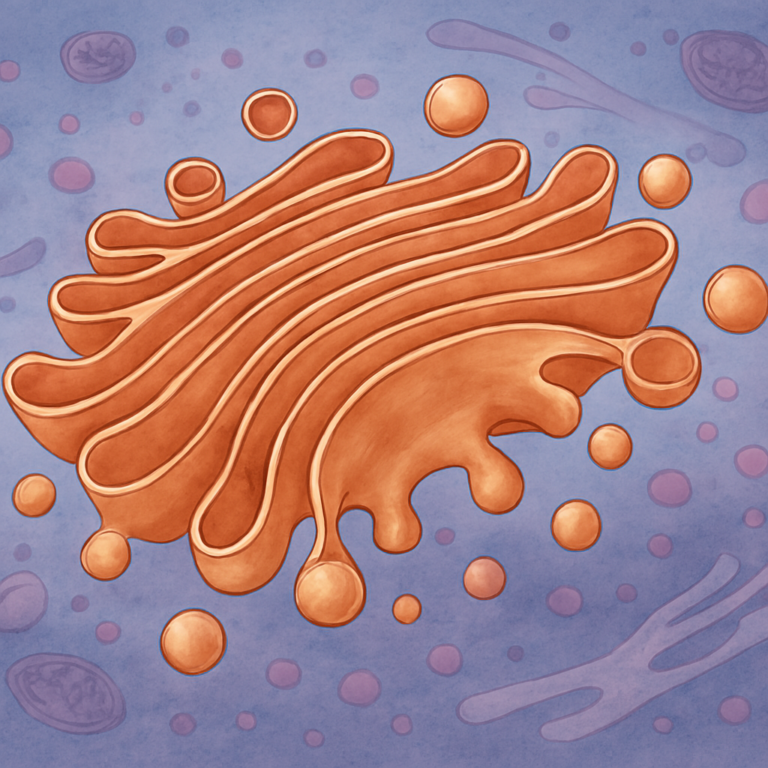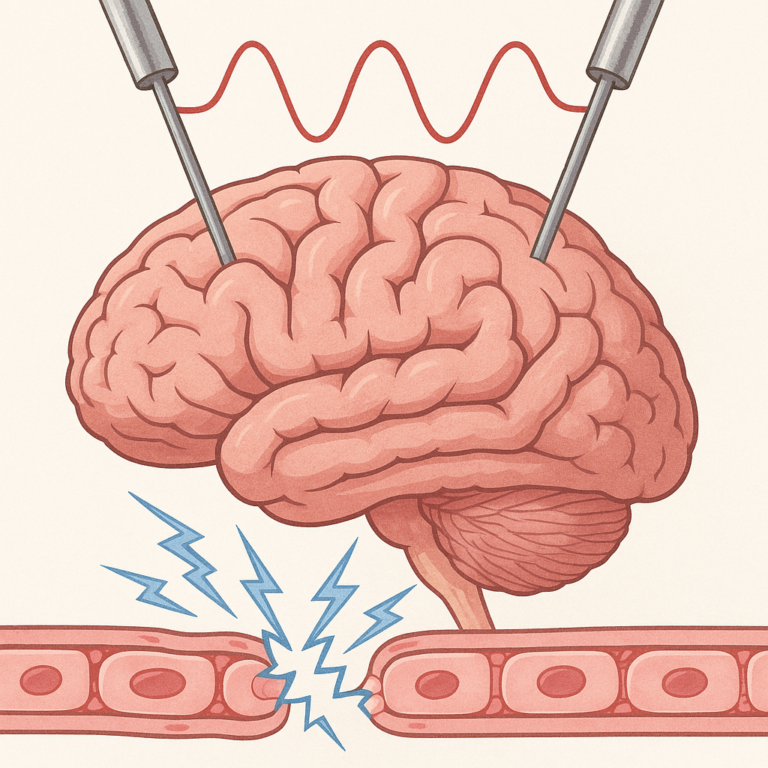Introduction
Aldosterone, a hormone produced by the adrenal glands, plays an essential role in maintaining sodium and potassium balance in the body. This steroid hormone is part of the renin-angiotensin-aldosterone system (RAAS), a vital hormonal cascade involved in blood pressure regulation and fluid balance (Guyenet, 2006). According to the National Center for Biotechnology Information (NCBI), aldosterone also has a significant impact on cardiovascular health.
Production and Secretion of Aldosterone
Aldosterone is synthesized and secreted by the zona glomerulosa, the outermost layer of the adrenal cortex. The synthesis is stimulated by several factors, including a decrease in blood volume, a decrease in blood pressure, or an increase in potassium levels within the blood (Khan Academy). The hormone is primarily regulated via the RAAS, in which the kidney hormone renin and the lung-derived enzyme angiotensin-converting enzyme (ACE) play key roles (Guyenet, 2006).
Functions of Aldosterone
The primary function of aldosterone is to regulate salt and water in the body, thus controlling blood pressure and the body’s electrolyte balance. The hormone achieves this by promoting the reabsorption of sodium and water and the excretion of potassium in the kidneys (NCBI).
Aldosterone binds to mineralocorticoid receptors in the distal tubules and collecting ducts of the nephron. Once bound, it activates the expression of genes that encode sodium channels and sodium-potassium pumps, leading to increased sodium reabsorption and potassium excretion (Guyenet, 2006).
Implications in Health and Disease
Overproduction or underproduction of aldosterone can lead to several health complications. Primary hyperaldosteronism, a condition characterized by excessive aldosterone production, can cause high blood pressure and a low potassium level, leading to symptoms such as muscle weakness, excessive thirst, and frequent urination (NCBI).
On the other hand, insufficient production of aldosterone can lead to a condition known as Addison’s disease, characterized by low blood pressure, dehydration, and hyperkalemia (high potassium levels) (NCBI).
Moreover, epidemiological studies have demonstrated a link between high aldosterone levels and cardiovascular diseases. Elevated aldosterone has been associated with pathological changes in the heart and blood vessels, contributing to heart failure, myocardial infarction, and stroke (Briet & Schiffrin, 2010).
Conclusion
Aldosterone, as a crucial hormone in the RAAS, is vital in maintaining fluid and electrolyte homeostasis. Given its significant role in cardiovascular health and blood pressure regulation, understanding the biology of aldosterone and its related pathologies is critical for medical and biological research. Future investigations into the molecular mechanisms of aldosterone action may provide new therapeutic strategies for diseases associated with its dysregulation.
References
- Guyenet, P. G. (2006). The sympathetic control of blood pressure. Nature Reviews Neuroscience, 7(5), 335-346.
- Briet, M., & Schiffrin, E. L. (2010). Aldosterone: effects on the kidney and cardiovascular system. Nature Reviews Nephrology, 6(5), 261-273.
- Aldosterone: MedlinePlus Genetics. (n.d.). Retrieved from https://medlineplus.gov/genetics/hormone/aldosterone/
- Khan Academy. (n.d.). Renin-angiotensin-aldosterone system. Retrieved from https://www.khanacademy.org/science/biology



